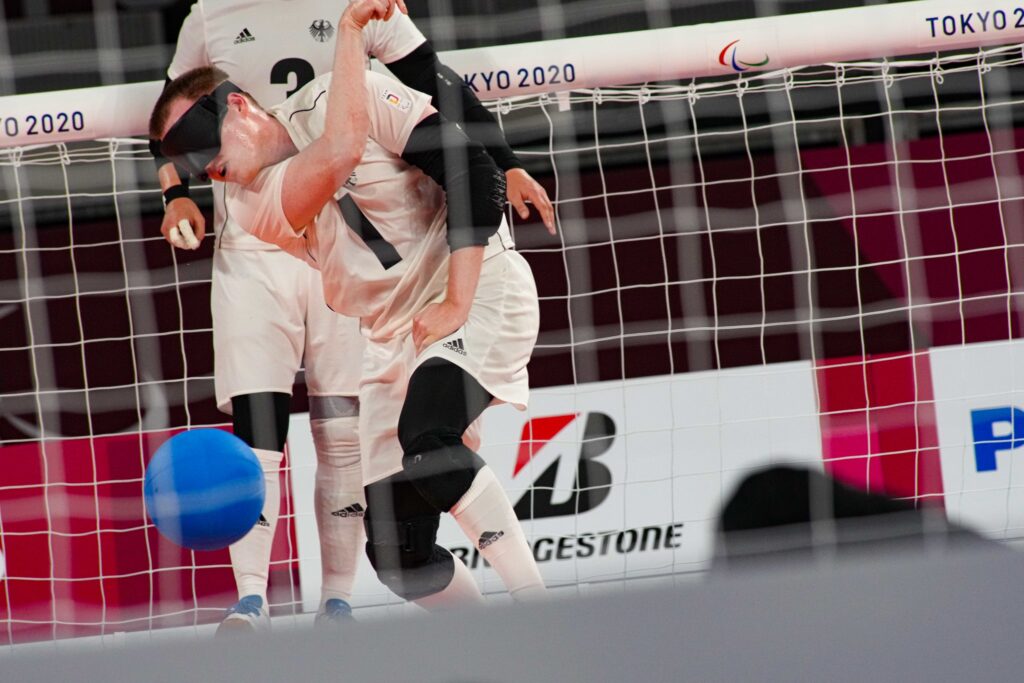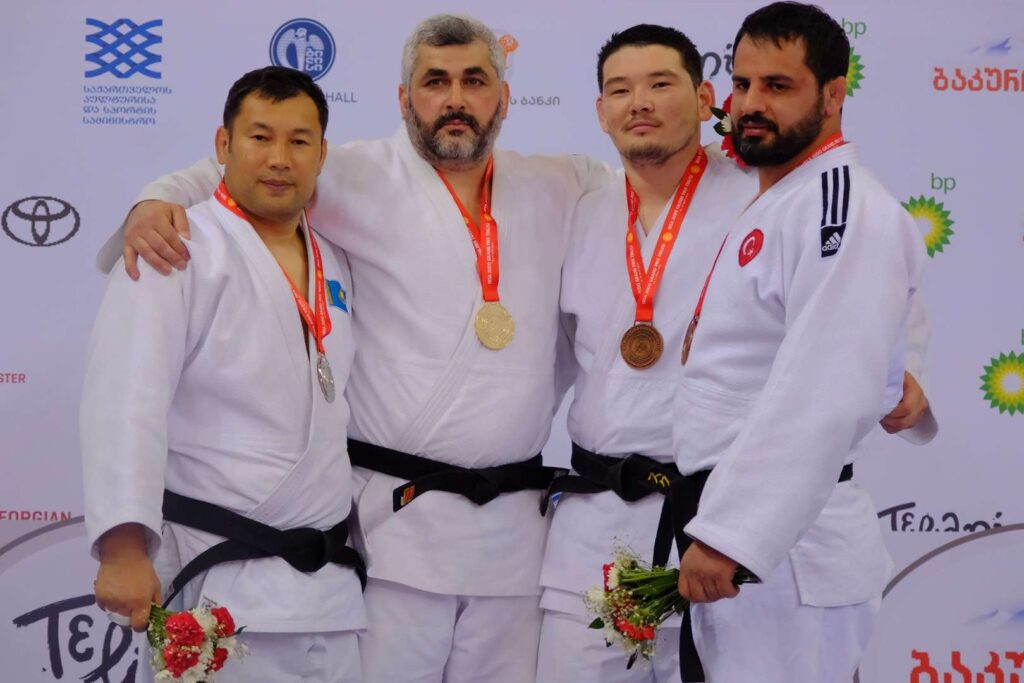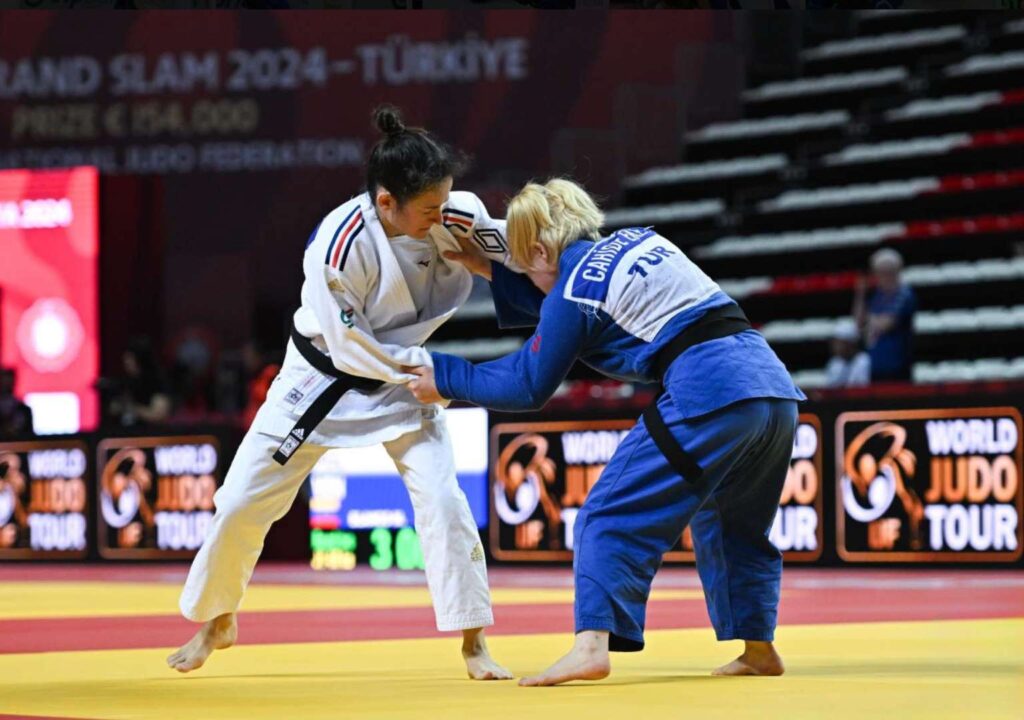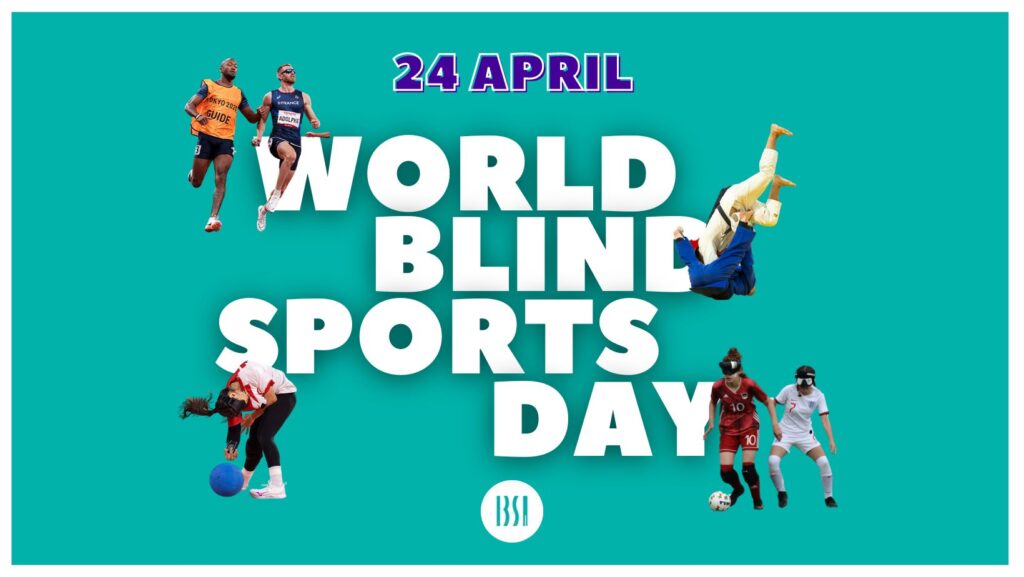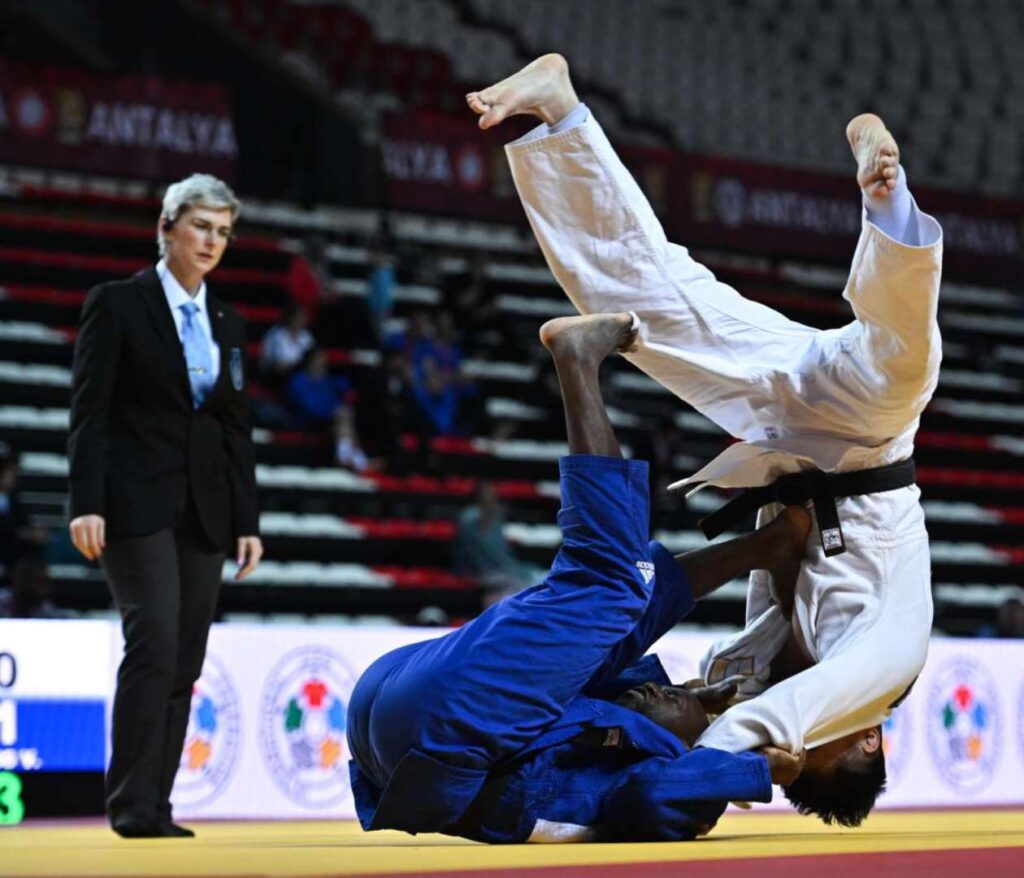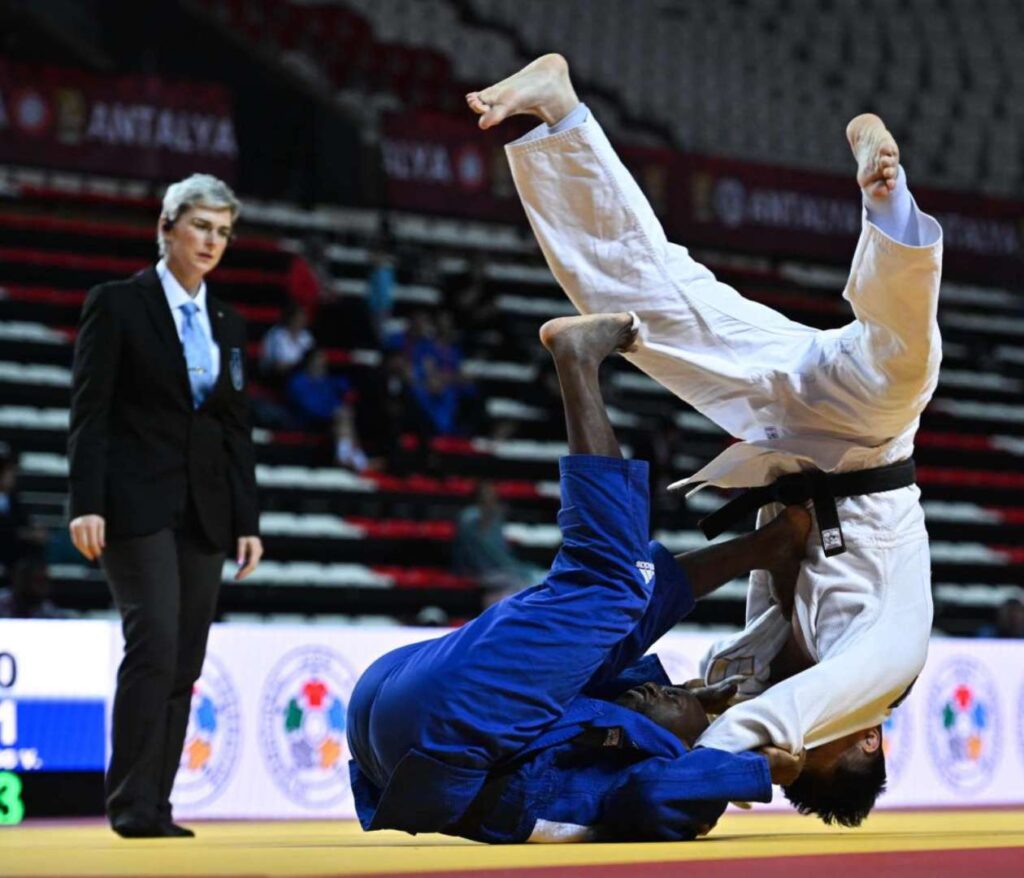News
Judo classification consultation gathers pace
Date: October 16, 2020
Category: Judo
The community consultation for a new classification system in International Blind Sports Federation (IBSA) Judo is gathering pace with new online discussion sessions added for members, athletes, classifiers, officials and referees.
So far three virtual meetings have been held with participants from a wide variety of backgrounds considering the outcomes of an in-depth research project into classification in IBSA Judo.
Two new dates have now been added – one for the judo community and members and a specific session for classifiers.
Robert Fenton, IBSA Vice-President and chair of the IBSA Judo Classification Research Implementation Committee, said: “We are pleased with the response so far, both in the numbers of people and the feedback we have had. The committee and the research team have welcomed the thoughts and perspectives of members, athletes, referees, federations and coaches and it has been really interesting and constructive.
“Our aim is to ensure that as many people as possible with an interest in the research outcomes – especially more athletes, coaches and classifiers – have the opportunity to speak to us and the researchers. All comments and suggestions will be considered by the committee ahead of the drafting of the new classification rules for IBSA Judo.”
The latest session will be held on 23 October at 8am CET on Zoom, and is also specifically targeted at people in Asia and Oceania. Others may attend as well if they are interested in doing so.
Participants must register in advance here: https://us02web.zoom.us/meeting/register/tZItc-2srjosGNZzfm1GJ7OCicwpTCWHjwA3.
Classifiers can sign-up for their Zoom discussion using the link they have been sent directly.
Written feedback or questions can also be sent to [email protected] by 29 October.
In September IBSA revealed an ambitious plan to engage with athletes, coaches, members, federations, officials and classifiers over the coming months in response to the results from a four-year research project about classification in IBSA Judo.
Following on from the publication of their first findings in 2019, scientists at the Vrije Universiteit Amsterdam have published a series of final recommendations which IBSA will review and implement in time for the Paris 2024 Paralympic Games, but not before Tokyo 2020. The university is the International Paralympic Committee’s (IPC) Classification Research Centre for visual impairments.
The IPC’s 2015 Athlete Classification Code outlines how classification must be evidence-based and sport-specific in order to stay on the Paralympic programme. Like other Para sports the current system in IBSA Judo was developed in response to a variety of factors over time as it grew into a global sport.
The research – which has seen scientists attend competitions, carry out a variety of experiments, analyse large amounts of data and seek the views of hundreds of experienced coaches, athletes, classifiers and officials since 2016 – will lead to changes for the sport.
A consultation document which summarises and contains the full research outcomes is available to download here.
The recommendations centre around the creation of two classes – one for athletes who are partially sighted and one for athletes who are blind. Currently in IBSA Judo athletes with different levels of impairment – B1, B2 and B3 –compete against each other. The minimum impairment criteria will also be raised according to the research outcomes.
IBSA has established an IBSA Judo Classification Research Implementation Committee to take this work forward.
This is a group of athletes, coaches, classifiers and officials who will be responsible for creating the new classification rules based on the outcomes of the Vrije Universiteit Amsterdam research.
More information about the project as a whole can be found in the consultation document or by clicking here
